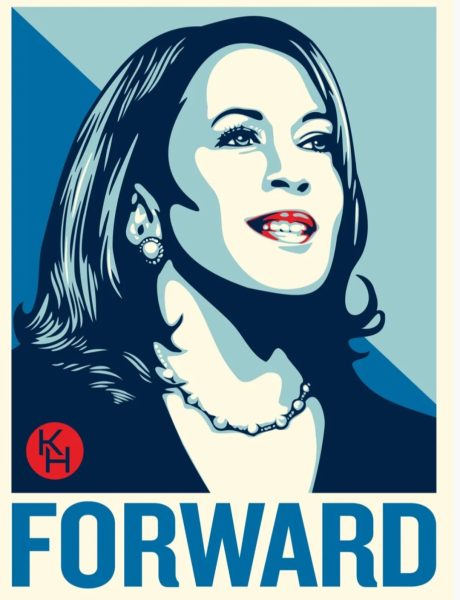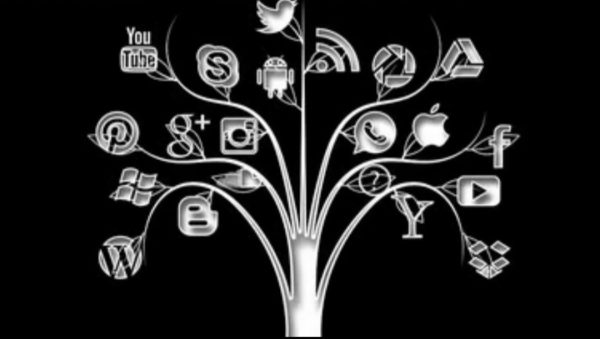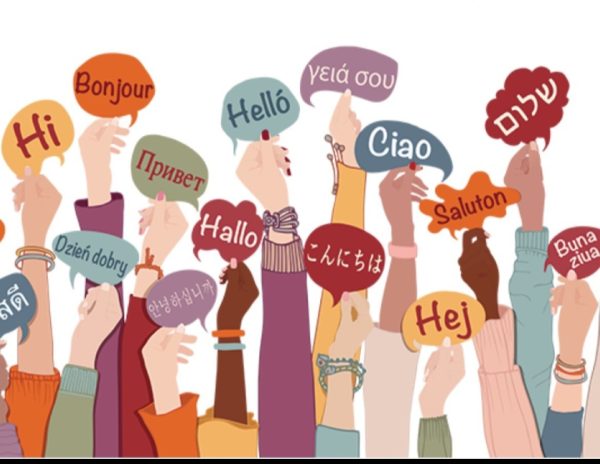J.K. Rowling knew how to satirize journalists and news
Her quill tends to record exaggerated and inaccurate details.

In many ways Skeeter’s character is a warning to journalists. Rowling shows the results of not considering all relevant facts, details, and context. Skeeter takes advantage of Harry’s popularity, like many outlets do today with celebrities.
Harry Potter is easily one of the most recognizable book and film series for our generation. It’s hard to overlook the many stories the series provides of the classic trio of Ron, Harry, and Hermione.
There are a number of standout moments from the seven book series. As a reader it is hard not to love the dynamic between the trio of friends, who find themselves wrapped up in a number of adventures. J.K. Rowling’s vivid writing creates another world for readers to delve into, particularly one with wizards and witches.
When many think of the book series, journalism or news isn’t the first thing to come to mind. Maybe you’d think of “The Daily Prophet” the wizarding news source that originally provides reliable news. It was the headlines of that newspaper that led to many of the adventures seen throughout the story.
Or maybe you thought of the one and only, Rita Skeeter, whose presence becomes especially apparent in the fourth book, “The Goblet of Fire.” Rita Skeeter is the star reporter of “The Daily Prophet.” She reports on rumors, gossip, and she isn’t afraid to conjure stories from thin air or for revenge.
She is a hard character to forget, described as quite extravagant with an eccentric style. Skeeter carried around a crocodile bag which held her unforgettable green quill which automatically writes when the subject begins to speak.
However, this quill tends to record exaggerated and inaccurate details.
One of her most memorable moments is in the fourth book, when Rita Skeeter covers the Triwizard Tournament. Obviously her attention is on Harry Potter, who was under the required age to be chosen for the tournament yet his name was drawn anyway.
She portrays Harry as a tragic, sad orphan which isn’t in any way how he wanted to be represented. Even ten days after the article is published Harry is left feeling sick, shameful, and doesn’t remember stating half the quotes the article presents.
Skeeter also uses quotes out of context fictionalizing a relationship between Harry and Hermione, who both are just 14 years old. She writes in one of her articles that Harry has “at last found love at Hogwarts.”
When Hermione confronts Rita Skeeter for her questionable journalism, Skeeter publishes a revengeful article with the headline “Harry Potter’s Secret Heartache.” The article revolved around a made up love triangle between Harry, Hermione, and another wizard Viktor Krum.
On top of exploiting young teenagers, Skeeter publishes a tell-all on the beloved head of Hogwarts, Albus Dumbldore after he passes away. So, Rita Skeeter has published many unexcusable stories, but as a reader you can’t help but wonder J.K. Rowling’s purpose in portraying news in such a negative light.
Many could speculate by her fourth book, Rowling must have faced criticism from tabloids and the news and put that towards Skeeter’s peculiar, almost evil character. Harry’s fame almost parallels Rowling’s and the burden and expectations placed on the author.
It is the nature of the public to want to know what is going on, Skeeter provided this but she never gave the full picture. Unfortunately, there are still news sources that do the same. In many ways Skeeter represents a yellow journalist, news that present eye-catching titles, exaggerated stories with little evidence.
In many ways Skeeter’s character is a warning to journalists. Rowling shows the results of not considering all relevant facts, details, and context. Skeeter takes advantage of Harry’s popularity, like many outlets do today with celebrities.
Skeeter is a message to journalists to not allow ambition to overlook morals and ethics. Throughout the book series, it seems Rowling never praises the news, and it is often portrayed as misleading and biased. What Rowling’s intentions were in this portrayal are unclear, but one lesson is understandable—tell the full truth.






